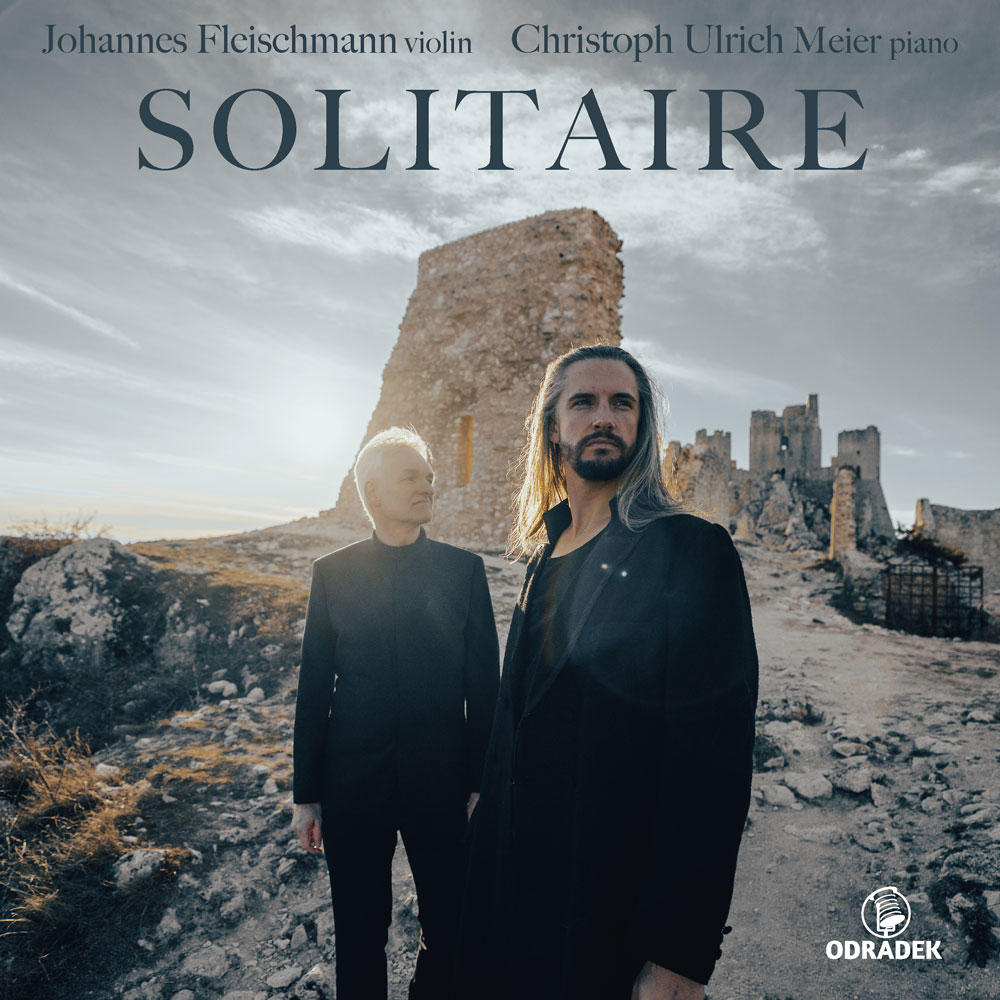From my earliest years I have been fascinated by Hollywood movies, and the larger productions impressed me the most. I was particularly captivated by such productions, as I recognised many familiar sounds. Since Viennese music had played such a significant role in my childhood, I was determined to research its background features and came across the works of Erich Wolfgang Korngold, who had combined both such styles in his music. I discovered him to be one of the most fascinating composers of the 20th century, and his great talent also enabled him to shape the musical landscape of Hollywood. Korngold’s Violin Sonata received its premiere in 1913; it is a work in which the 16 year-old composer cited his earlier music repeatedly, as can be heard in this recording. Nobody could have anticipated the meteoric path of destruction of the old world, and the dire consequences initiated in 1914 by the First World War. It is at this point that the voyage of our ‘Exodus’ begins. In 2014, when I performed Korngold’s Violin Sonata at the Villa Aurora in Los Angeles, Barbara Zeisl Schoenberg was present in the audience. At a future invitation to visit the Schoenberg House in LA for some coffee, Sachertorte and Vanillekipferl, Barbara spoke of her father, Eric Zeisl, and his tragic fate. When he was established as a composer in California, Zeisl began to hear a new inner voice that combined his Jewish soul with his musical style. One of the most sterling examples of this melding of styles is Zeisl’s Brandeis Sonata, which processes the flight from Austria, its consequences and feelings. Not only are pain and suffering given expression, but also an unbridled lust for life, coupled with jubilant hope in the future. Sadly, Zeisl died in 1959 at 53 years of age. 2020 marks the 70th anniversary of the premiere of this outstanding sonata. I found it both so significant to note the time span between these very different works, whose origins are separated by two World Wars, as well as the fact that both composers, who hail from Vienna, only had the opportunity in exile to form a close friendship, that I felt an urgency to combine them in one recording. Both Korngold and Zeisl have earned an important place in history through their significant legacy to the further development of music. I am very pleased to be carrying on these traditions, thus making the music accessible to both current and future generations. Johannes Fleischmann


